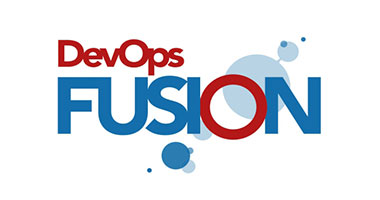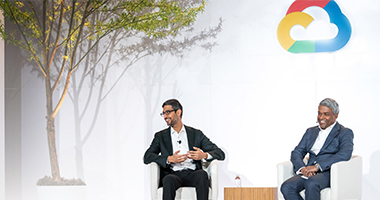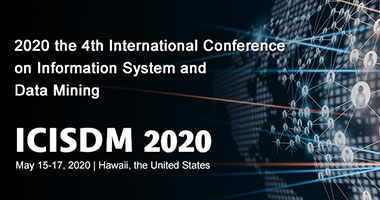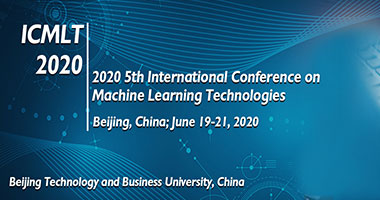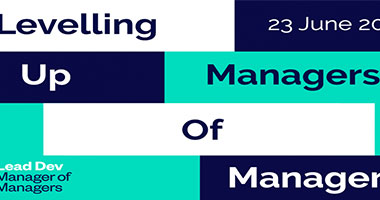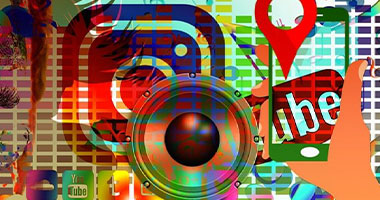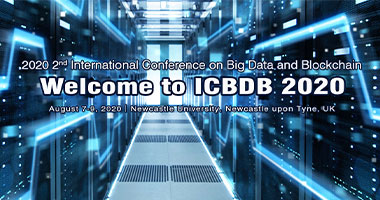From The Tech Trenches

Suja Chandrasekaran, CIO, Kimberly-Clark
I recently sat down with an Indian magazine that wanted to interview me - some excerpts from the conversation shared in a Q&A mode. It spans a broad set of topics such as communication in business, digital disruption, women in tech development.
1.How important is 'communication' for business? And what kind of communication is needed in today’s businesses?
Communication is everything – and you must be conscientious about how you communicate – from the simple transactional communications, to the inspiring “move the crowd” kind of communications. An approach to communications can be outlined around six “I”s – intimate, inclusive, interactive, intentional, iterative and informative. I use different tactics for different outcomes, but face-to-face interaction between individuals is the ultimate form of communication and it is the toughest to scale across organizations, geographies and time – yet it must be done.
And then there are different techniques and tactics for communicating to the outside world – partners, customers, media, universities, potential talent etc. Plenty of technologies that enable communication, 1:1, 1:m, 1:M - different techniques for different sizes of audiences, different messages and contexts.
Best leaders are those who are the most authentic communicators. I recall one of my mentors, who was leading a huge change program, communicated consistently and iteratively – I learnt a lot from her style. There were plenty of myths and rumors floating around the massive transformation and she hit them head on, stating that if there are any questions, to bring them directly to her. She started an “open questions” box where anyone could post questions and she actively and personally responded to them. She was able to galvanize the organization towards the larger purpose while addressing concerns and keeping us all focused.
2. What is the need of the hour for developing women leaders in technology?
Developing both men and women leaders in technology is an absolute passion for me. This question is about women, therefore I will focus on women. Technology is a tough world, and women often stay away from embarking on a career in technology or drop off from the field early in their career. We have both a pipeline issue and a retention issue. We can discuss quite a bit around why – and more importantly focus on what needs to be done to address the situation.
1.As women, we need to develop other women – having shared similar situations, we can be great teachers and developers to each other.
2.I find that women are quite methodical in their problem solving approaches. We have interesting sets of odds; thus we must double down on tenacity. I wish this could be progressed so women wouldn’t have to hustle all the time.
3.Stay ahead and stay current – this is crucial. When you land a role, you must continue to invest adequate time and energy in tech currency.
4.Technology is as much a people business as it is a bits and bytes business. Leading tech savvy experts takes its own leadership savvy. Build, practice, illustrate and hone this skill all the time. Technology also needs plenty of connections in order to understand the evolution of ideas – this needs plenty of people connections.
5.In general, women are terrible in self-branding. This gets in the way of their exposure. One of the things I do is advocate for other women. By promoting their great achievements, I help them build their brand.
6.I would like to see more movements like “#ilooklikeanengineer” that was started by a woman who was not seen as an engineer at work.
I get inspired from women such as Sheryl Sandberg & others and the altruism with which they encourage other women. In my career, it has become my mission to develop other women. I draw inspiration during moments of duress – for me it is my ability to help and develop other women that keeps me going.
3. Much of all retail businesses in all major markets have been digitized. Where do you see the current trend leading us? Digital is about creating value, by enabling frictionless human to human interactions that are rendered digitally. The pure-electron economy digital models are higher in maturity curves of disruption – books, media, hospitality, commerce, with Fintech, fast moving there. Retail has more than its fair share of the digital disruption. I was in China a few weeks back and lectured at a leading University in Beijing to a class of MBA students on digital disruption. We dialoged extensively around the idea of “no physical store front” and how traditional brick and mortar retailers are competing with the pure play eCommerce retailers. We discussed the decoupling of inventory from the store, the store as digital content delivery, customer centricity, implications on profitability, the context of extraordinary pricing transparency, customer reviews becoming a brand proxy and distributed/social commerce. For me the excitement was to dialog this with future business leaders, not just those studying technology to become technologists. Business leaders that are digital and technology minded are changing the game – start with what the customer needs, define how far the business can go with technology, scenario play financials and then set business models around that. In spite of where this is going, still there are some businesses where technology is an afterthought – “Oh by the way, have you checked with the CIO or CTO?”
4. How healthy is this digitization for consumers? What are the probable pitfalls? Digitization, is enabling a new economy and thus far it has been customer-empowering and it will continue to be customer centric. Sam Walton’s principle, “Swim upstream. Go the other way. Ignore the conventional wisdom. If everybody else is doing it one way, there's a good chance you can find your niche by going in exactly the opposite direction.” Many of these firms swim upstream in enabling these economies. They challenge the rules; they challenge everything – which is the fundamental law of capital markets. So what seems like simple digitization, has led to fundamental changes in business models. Network effect has been unleashed beyond anyone's imagination.
There will be winners and losers. There will be new compliance laws, security vulnerabilities, privacy concerns, platforms that integrate the eco-system and cross-border economies. There will be a ton of work, dialog and negotiations to plow through this. Fun stuff!
I had an epiphany when observing the different attitudes towards technology in what is becoming a tale of two attitudes. I was in a session with senior business and industry leaders, in an industry event, in a certain geography and the question was asked, “who here is a technologist?” A couple of hands were timidly raised, and some even thought it beneath them to be called a “technologist.” Fly across the country to the west coast and everyone is a techie – the taxi driver is taking evening courses in coding, the business exec calls herself a “half-techie,” everything and everyone has something to do with technology – irrespective of the industry they are in! This is going to be the future and the sooner we come to the realization and adapt, the better !
5. What keeps you motivated in a dynamic, competitive industry? My entire career has been different nodes of the supply chain – between product design, manufacturing retail and consumer package goods. I’ve always been in the business of creating, engineering, manufacturing, warehouse managing, transporting and wholesaling/retailing to consumers. Throughout the whole chain, end-to-end, customers are the kings and queens.
Mega trends and the massive shifts in supply chain manufacturing and re-shifts back, globalization, shifts from selling products to engaging through understanding needs, wants and desires, tech-based engagement interconnected with physical engagement, enormous efficiencies in manufacturing, advancement in research and development – these are all things that I find fun! And there’s never a dull moment.
It is exciting to lead the disruptions, create the seed of an idea, incubate, scale and pave the way. All of the companies I have been a part of led disruptions in some way, shape or form and it has been exciting to lead in these prominent companies.
Technology needs no mention whatsoever on how dynamic it is – driving shifts, or fast followership of shifts, or skipping some shifts all together and leapfrogging technology – these are all valid techniques. In our businesses, we are mindful about where we apply each technique. Enjoying the dynamism is crucial to being in any industry. I’m not sure there is anything that has not been, or will not be, disrupted at some point in time – embrace it and enjoy it!
6. What is the most important thing you learnt through your experience spanning years and continents? I was going to say “adaptability,” but I feel it is really the “power of people.” There is no bigger capital than human capital. For a leader, this is investing time in developing people and creating a multiplier effect through people and cultures.
Subscribe to IEra womenleaders
News
WhatsApp for iOS is rolling out passwordless logins with passkeys
Reddit is making it easier to navigate conversations on its mobile apps
A new Google Pixel Tablet is coming, but it’s not what you think
WhatsApp Brand New iPhone Feature Just Launched That’s Much Easier To Use
Ford tops Q1 earnings expectations, sees full-year profit 'tracking to high-end' of guidance
Meta’s Miss Sparks Fear in Tech World With More Earnings Ahead
Ford just reported a massive loss on every electric vehicle it sold
Tesla stock surges as EV maker will 'accelerate' the launch of cheaper cars
Boeing to pay $443 million to airlines for Max 9 grounding as losses and problems mount
IBM to buy HashiCorp in $6.4 billion deal to expand in cloud
Stock futures fall after Meta Platforms, IBM report quarterly results: Live updates
IBM to acquire HashiCorp in $6.4 billion deal, reports another revenue miss
Sanders launches Senate investigation into ‘outrageously high’ pricing of Ozempic, Wegovy

